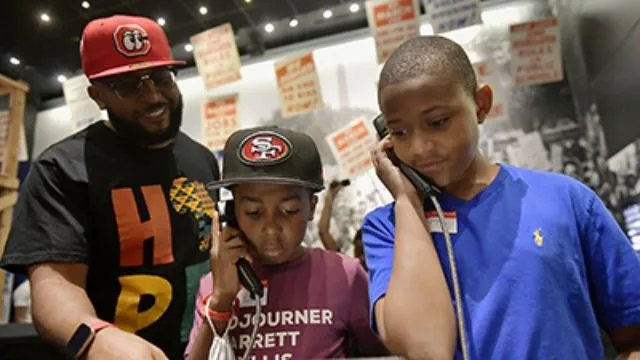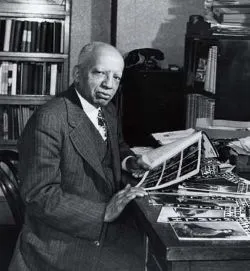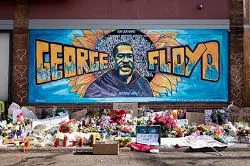

Black History Month has been deeply influenced by ongoing racial justice movements and political tensions. The protests after the murder of George Floyd marked a turning point, with Black History Month increasingly linked to activism and systemic change. Media has become a powerful tool in expanding Black narratives, with films, series, and books providing diverse portrayals of Black life, yet these efforts remain contested by political opposition.

These efforts are highly relevant to advancing Black history because they ensure that the nation’s rich civil rights legacy remains visible, accessible, and impactful for future generations. By preserving historical narratives and connecting them to modern movements, the National Civil Rights museum and similar initiatives help:
- educate and empower the community
- keep the civil rights conversation active.
- promote cultural and economic growth
- bridge generations through storytelling, and
- ensure an inclusive and accurate historical record is accessible.

Ultimately, advancing Black history isn’t just about preserving the past—it’s about using history as a foundation for progress, equity, and empowerment in the present and future. Museums like the National Civil Rights Museum play a crucial role in educating future generations about the struggles and triumphs that have shaped our society. By preserving and presenting the narratives of the past, the Museum provides context for today’s social issues and inspire informed citizenship. In an era where historical facts are increasingly challenged, the National Civil Rights Museum remain steadfast in our mission to illuminate the truth and promote understanding. Our commitment to education ensures that the lessons of history continue to resonate, empowering young minds to build a more equitable future.